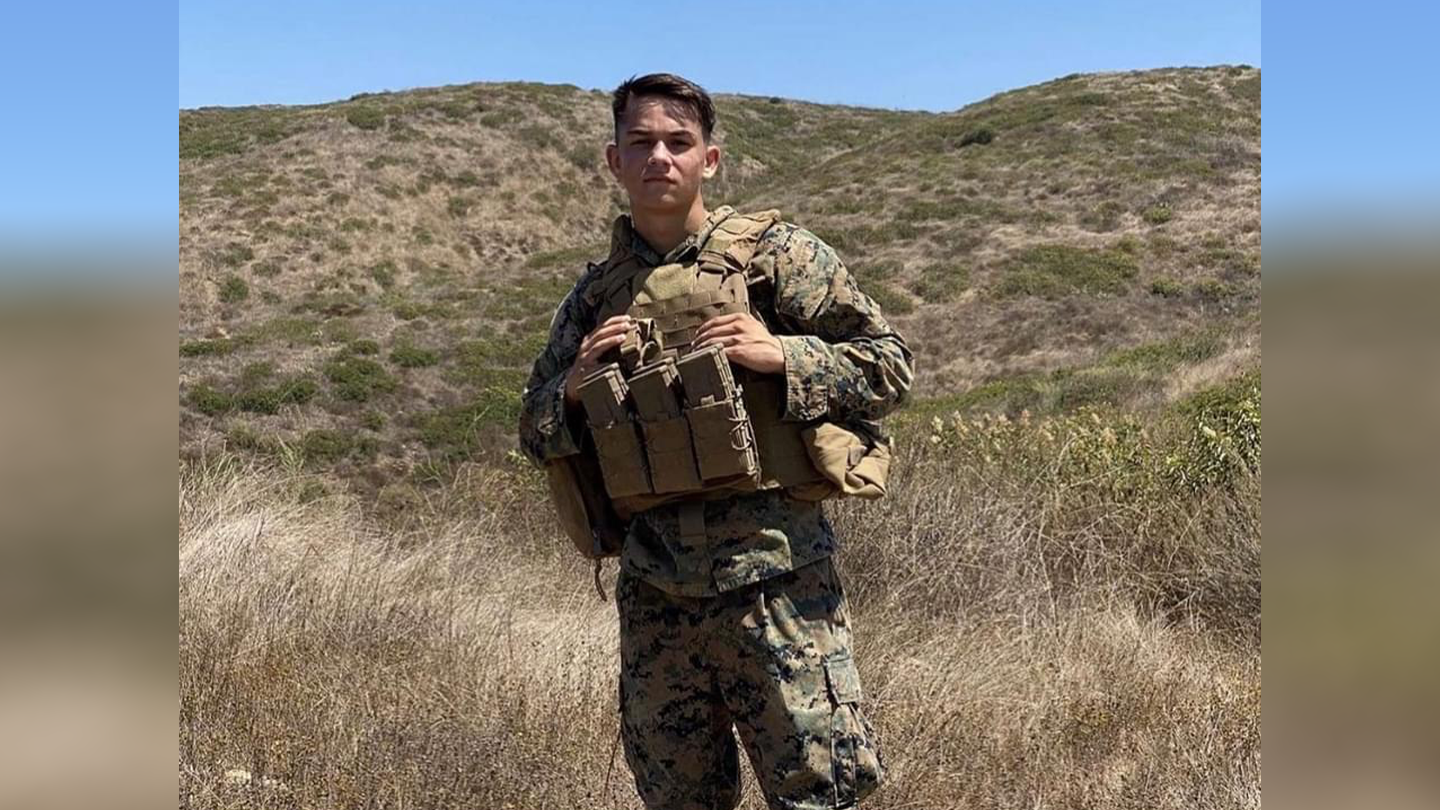Just weeks before classes begin, UCLA officials Tuesday revised the university’s COVID-19 testing policies, requiring twice-weekly tests for any unvaccinated people “working, learning or living” on campus or at other UCLA properties.
The university had previously mandated once-weekly tests for everyone taking part in on-campus activities, regardless of vaccination status.
Under the change announced Tuesday, vaccinated people who have no symptoms of COVID-19 will not have to undergo weekly screening tests, “although they are highly encouraged to test at least once per week.”
It was unclear how many people the testing requirement will affect. The University of California system has enacted a policy requiring anyone taking part in on-campus activities to be vaccinated against COVID-19 at least 14 days prior to the start of the fall term, “with limited exceptions.”
UCLA fall classes are set to begin Sept. 20.
“Whether vaccinated or unvaccinated, individuals may be directed to test if they are considered a close contact to a positive case or if conditions change that warrant additional testing,” according to a letter to the campus community from Vice Chancellor Michael J. Beck and history professor Michael Meranze, co-chairs of the UCLA COVID-19 Response and Recovery Task Force.
They said the change in testing policy was made “after reviewing COVID-19 case data on campus and in the community.”
“While our goal is to support as much in-person activity as possible, we will be cautious and measured in our approach and our success will largely be dependent on our individual and collective commitments to adhering to public health and campus safety protocols,” according to Beck and Meranze. “The campus is continuing to identify when certain activities may have to be reduced or temporarily administered remotely, including moving some classes or other activities to remote delivery if necessary.”







